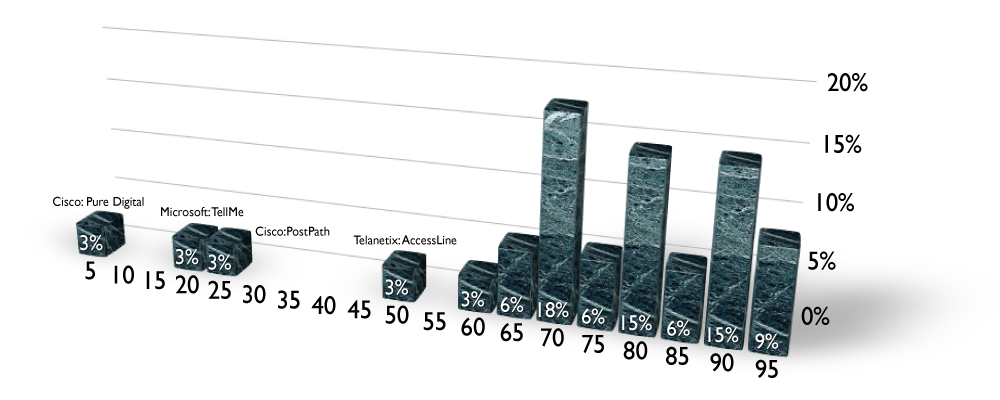![]() Monday, January 28, 2008, Nokia announced the acquisition of TrollTech, the Norwegian mobile Linux specialist for $153 million.
Monday, January 28, 2008, Nokia announced the acquisition of TrollTech, the Norwegian mobile Linux specialist for $153 million.
This deal is Nokia's response to the Google Android (why Android is a good idea, Google ups the ante, Ideas ) and the impending adoption of the Apple iPhone as an enterprise-class device.
Brockmann rating on this deal is as follows:
Strategic fit [5/5]. Nokia needs to offer an alternative model to the Android software and the Android-supporting service provider (Nokia is not a big supplier to Verizon Wireless for example, which has committed to Android). This is a wireless device manufacturer with 40% market share investing in its future.
[Meanwhile, Motorola invested in enterprise WiFi and stuff when they were on top of their game…. hmmmm no wonder Nokia's the king of the category].
Timing [5/5]. Nokia will bring the enormous potential of Trolltech's mobile Linux implementation, which has been tested and proven in Asian markets, to the more developed markets, and will introduce devices using this UI and software. Not to mention making tools to help this software developer community easily port their applications to the other Nokia UI systems (series 40, 60, 80 for example).
Customer demand [5/5]. In anticipation of new offerings for Android-supporting operators – Telefonica, Sprint, T-Mobile, NTT DoCoMo, KDDI, Verizon Wireless, Telecom Italia and China Mobile – Nokia needs to present alternative offerings. This is a market leveling strategic move, and so Nokia ought to be able to position relative to Google Android quite effectively, particularly since the Developer Challenge program has been extended past March 2008.
Potential [3/5]. This won't generate a billion dollars for Nokia, but it will pressurize the Google project and slow the development of the financial model for handset software. This could even accelerate the switching of software developers that had planned to do Android in favor of first initiating applications on the Trolltech UI and then rolling out on the Android. Something like this could significantly weaken the Google Android initiative and slow down Google's expected returns in handset OS. BTW, what is Google doing with mobile UI software anyways?
Overall: 18/20 = 90%.










